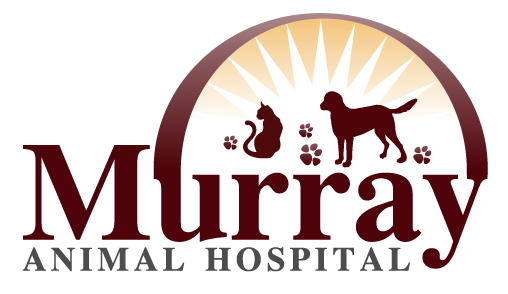Spaying & Neutering
Spaying your pet has many benefits. The procedure, which prevents female animals from becoming pregnant and reproducing, can help your dog or cat live a longer, healthier life. Spaying will not change your pet’s personality.
By spaying your female pet, you’re protecting her against potentially deadly diseases, including bacterial infections, reproductive tract diseases, and several types of cancer. You also won’t have to worry about her going into heat. This means avoiding the mess that often accompanies the heat cycle in female dogs and the pacing and crying that happens with female cats. In addition, spaying your pet will help control the dog and cat overpopulation problem, keeping more animals out of shelters.
Spaying, which involves removing the ovaries and uterus, is a surgical procedure and does need to be performed with the pet under anesthesia. We follow strict protocols and continually monitor your pet’s vital signs to help ensure her safety. Please see the descriptions under Anesthesia and Patient Monitoring for more information on what we do to keep your pet safe.
To set up an appointment to have your pet spayed or to learn more about this procedure, call or visit our clinic. If you are struggling with the decision of whether to spay your pet, please call us so we can discuss your concerns.
Neutering your pet has many benefits. The procedure, which prevents male animals from reproducing, can help your dog or cat live a longer, healthier life. Neutering will not change your pet’s personality.
By neutering your pet, you’re reducing or eliminating his risk for prostate and testicular cancer, as well as sexually transmitted diseases. Neutering will also reduce or eliminate undesirable and embarrassing behaviour, including roaming, fighting, humping, and spraying. In addition, neutering your pet will help control the dog and cat overpopulation problem, keeping more animals out of shelters.
Neutering, which involves removing the testicles, is a surgical procedure and does need to be performed with the pet under anesthesia. We follow strict protocols and continually monitor your pet’s vital signs to help ensure his safety. Please see the descriptions under Anesthesia and Patient Monitoring for more information on what we do to keep your pet safe.
To set up an appointment to have your pet neutered or to learn more about this procedure, please call or visit our clinic. If you are struggling with the decision of whether to neuter your pet, please call us so we can discuss your concerns.
